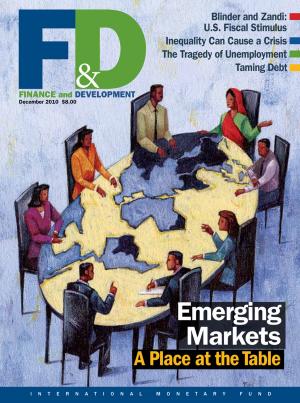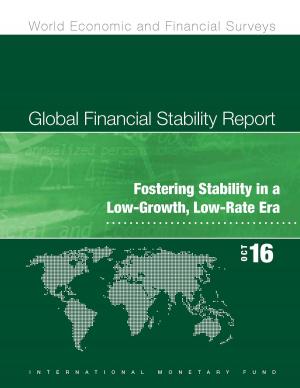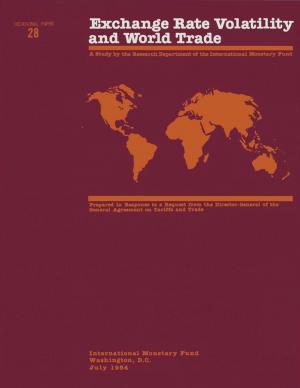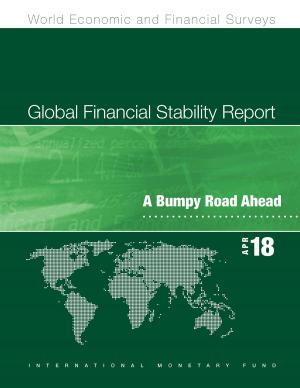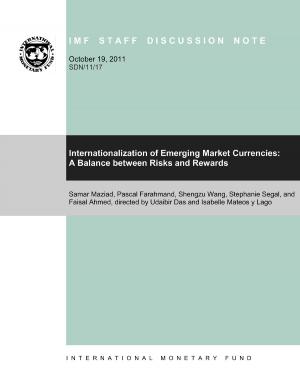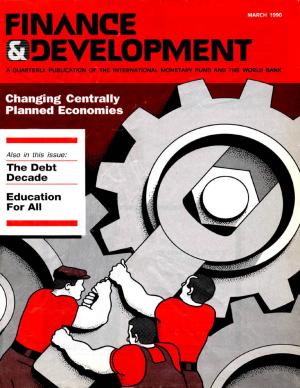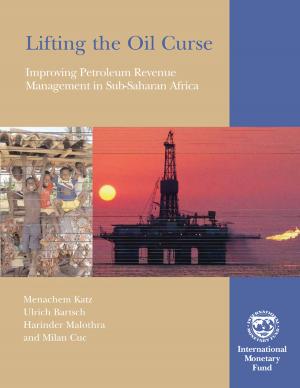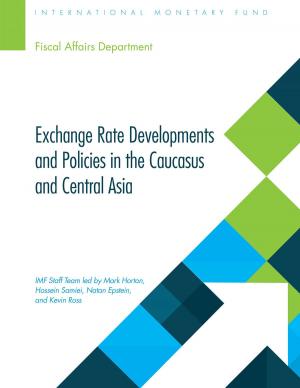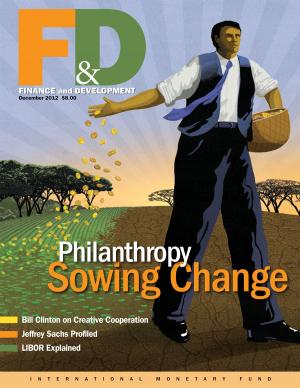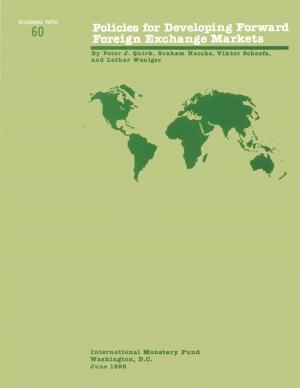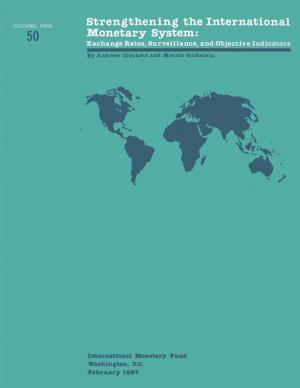Regional Economic Outlook, October 2011: Sub-Saharan Africa - Sustaining the Expansion
Business & Finance, Economics, International Economics, Macroeconomics, Nonfiction, Social & Cultural Studies, Political Science, Politics, Economic Policy| Author: | International Monetary Fund. African Dept. | ISBN: | 9781463966508 |
| Publisher: | INTERNATIONAL MONETARY FUND | Publication: | October 20, 2011 |
| Imprint: | INTERNATIONAL MONETARY FUND | Language: | English |
| Author: | International Monetary Fund. African Dept. |
| ISBN: | 9781463966508 |
| Publisher: | INTERNATIONAL MONETARY FUND |
| Publication: | October 20, 2011 |
| Imprint: | INTERNATIONAL MONETARY FUND |
| Language: | English |
This year looks set to be another encouraging one for most sub-Saharan African economies. Reflecting mainly strong demand but also elevated commodity prices, the region's economy is set to expand by more than 5¼ percent in 2011. For 2012, the IMF staff's baseline projection is for growth to be higher at 5¾ percent, owing to one-off boosts to production in a number of countries. There are, however, specters at the feast: the increase in global food and fuel prices, amplified by drought affecting parts of the region, has hit the budgets of the poor and sparked rising inflation, and hesitations in the global recovery threaten to weaken export and growth prospects. The projection for 2012 for the region is highly contingent on global economic growth being sustained at about 4 percent. A further slowing of growth in advanced economies, curtailing global demand, would generate significant headwinds for the region's ongoing expansion, with more globally integrated countries likely to be most affected. Policies in the coming months need to tread a fine line between addressing the challenges that strong growth and recent exogenous shocks have engendered and warding off the adverse effects of another global downturn. In some slower-growing, mostly middle-income countries without binding financial constraints, policies should clearly remain supportive of output growth, even more so if global growth sputters. Provided the global economy experiences the currently predicted slow and steady growth, most of the region's low-income countries should focus squarely on medium-term considerations in setting fiscal policy while tightening monetary policy wherever nonfood inflation has climbed above single digits. In the event of a global downturn, subject to financing constraints, policies in these countries should focus on maintaining planned spending initiatives, while allowing automatic stabilizers to operate on the revenue side. For the region's oil exporters, better terms of trade provide a good opportunity to build up policy buffers against further price volatility.
This year looks set to be another encouraging one for most sub-Saharan African economies. Reflecting mainly strong demand but also elevated commodity prices, the region's economy is set to expand by more than 5¼ percent in 2011. For 2012, the IMF staff's baseline projection is for growth to be higher at 5¾ percent, owing to one-off boosts to production in a number of countries. There are, however, specters at the feast: the increase in global food and fuel prices, amplified by drought affecting parts of the region, has hit the budgets of the poor and sparked rising inflation, and hesitations in the global recovery threaten to weaken export and growth prospects. The projection for 2012 for the region is highly contingent on global economic growth being sustained at about 4 percent. A further slowing of growth in advanced economies, curtailing global demand, would generate significant headwinds for the region's ongoing expansion, with more globally integrated countries likely to be most affected. Policies in the coming months need to tread a fine line between addressing the challenges that strong growth and recent exogenous shocks have engendered and warding off the adverse effects of another global downturn. In some slower-growing, mostly middle-income countries without binding financial constraints, policies should clearly remain supportive of output growth, even more so if global growth sputters. Provided the global economy experiences the currently predicted slow and steady growth, most of the region's low-income countries should focus squarely on medium-term considerations in setting fiscal policy while tightening monetary policy wherever nonfood inflation has climbed above single digits. In the event of a global downturn, subject to financing constraints, policies in these countries should focus on maintaining planned spending initiatives, while allowing automatic stabilizers to operate on the revenue side. For the region's oil exporters, better terms of trade provide a good opportunity to build up policy buffers against further price volatility.

